
Actionable information within
the first hour
Orbis Analysis is a new design sprint process that can more than double the value of each system prototyping cycle. It eliminates requirements ambiguities, reveals hidden risks, prevents integration delays, and resolves stakeholder conflicts upfront. Projects are time-bounded, with completion possible in as little as three days.
The output is the Orbis Twin, a blueprint of the prototype containing the complete set of project management and engineering templates needed to execute efficiently and precisely. Teams using Orbis Analysis will create higher-performance products that get to market faster.
Benefits for Engineers
Search out Unknowns

Orbis Analysis contains a unique built-in mechanism to reveal a product’s complete requirements and constraints. Through a series of simple questions, the process traverses dependencies between product features to explore the entire network fully and discover the unknown unknowns within a product.
Externalize Team Knowledge

Each team member has their own internal image of the product in their mind. Orbis Analysis externalizes this knowledge and generates a unified view of the product that the whole team can see. Any disconnects come to the surface immediately, aligning teams and allowing for increasing the speed of execution during detailed design phases
Capture Unstructured Engineering
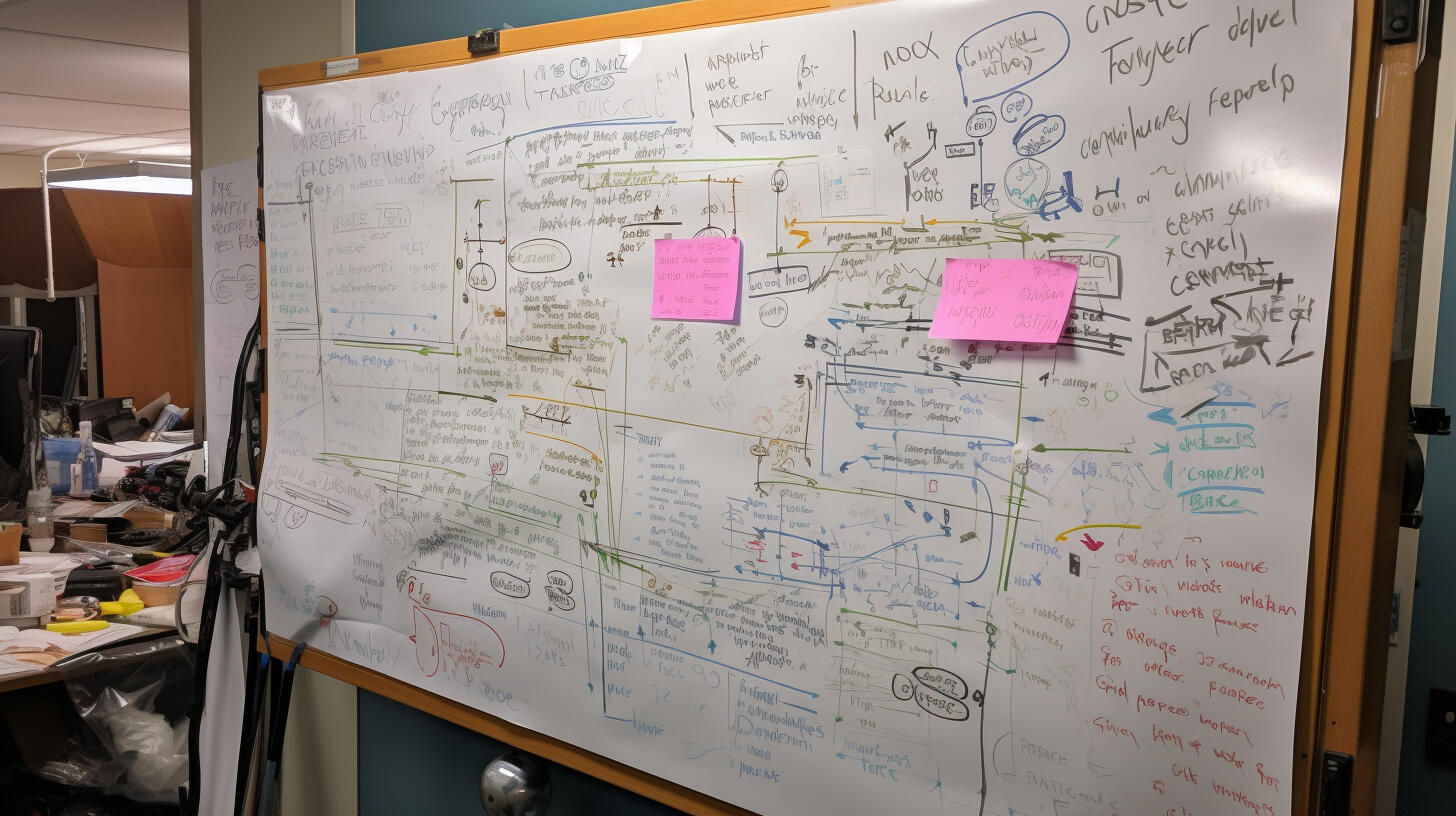
Outputs
The Orbis Twin
The Orbis Twin is a blueprint for the prototype that captures the complete functionality of the product in a single unified view. With this view, it is possible to see how parts of the product interact with each other across scales, and areas of complexity and risk are immediately apparent.
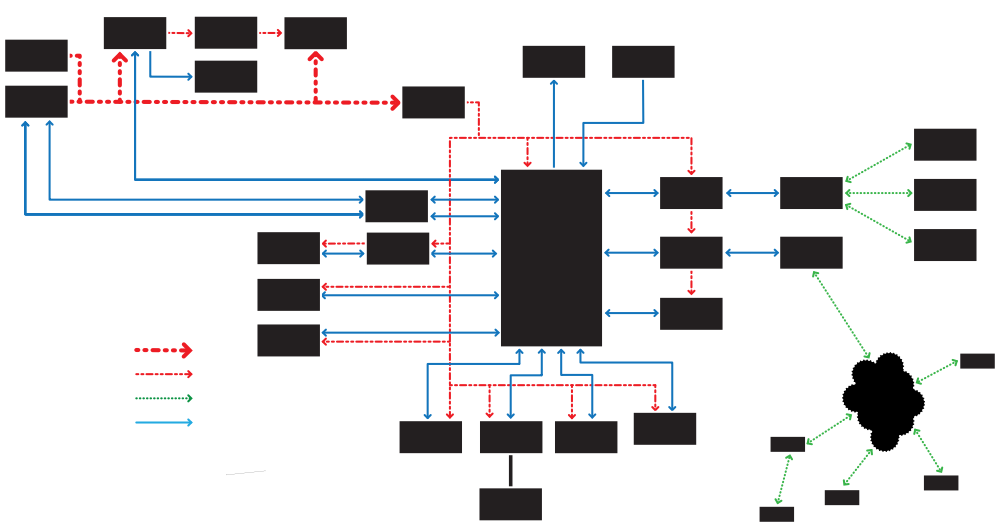
Orbis Analysis does not add to the team’s workload because the work is already happening. Every day, the team designs on whiteboards, in notebooks, and meetings. However, when they are done, that information is lost. Either it is never recorded, or it becomes trapped in a picture on a phone or notebook. Orbis Analysis captures this work in an actionable form that grows more valuable as development progresses.
Unknowns are identified explicitly, allowing the team to quantify their uncertainty and properly prioritize tasks.
Development Templates
The Orbis Twin guides subsequent detailed development because it maps one-to-one with the parts of the final implemented system, whether it is a component that will be sourced, custom manufactured, or coded. It acts as the single source of information for project managers and engineers to execute detailed engineering. Team members can zoom in to find exactly the information they need without being bogged down with extra details.
How It Works
Orbis Analysis is a facilitated service of MFHK Consulting. It works through an iterative Discovery and Synthesis cycle.
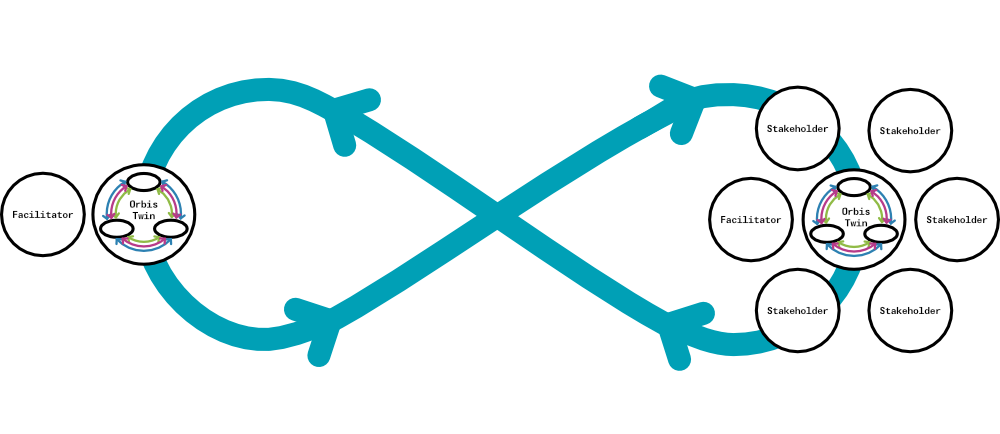
In a Discovery session, the facilitator collects product functionality, requirements, and constraints from the stakeholders. The facilitator then conducts a Synthesis session to integrate that information into the Orbis framework. Synthesis reveals new questions and unknowns to address in the next Discovery Session. Each cycle takes between one and four days to complete. Discovery sessions only require part of the team to participate each time. It is just as effective to break Discovery into multiple sessions and compile the results together during Synthesis.
Project Completion
Orbis Prototyping is not analysis paralysis. The iteration cycles end when the number of unknowns stabilizes.
Initially, the number of unknowns will proliferate. After each cycle, the product feature set will settle, and the number of unknowns converges to a specified list of questions. Typically, convergence takes between three to five cycles, depending on complexity.
Development Integration
Orbis Analysis integrates seamlessly with ongoing development. It typically occurs during the prototyping cycle’s planning and requirements-gathering phase. The completed Twin then helps guide the detailed design phase. Any learning is incorporated back into the Twin at the end of the phase to help guide the subsequent prototyping cycle.

Accelerate Your Prototypes
With Orbis Analysis, teams are no longer constrained by the long lead times of development. The Orbis Twin immediately tests the product assumptions and validates the design upfront, effectively giving the team additional prototyping cycles before the time and expense of physical implentation. Teams can fail faster, with no risk to project timelines or budgets. Orbis Analysis gives teams the foresight to avoid the existential risks that face startups and paves the way for product success.
Testimonials
James Dillon, CEO at Happenings
"It was a pleasure working with Malcolm. The Orbis Analysis process helped us organize many different sources of requirements into one easy to digest format. One of the great things with the Orbis process is highlighting the unknowns and gaps in requirements."
Paul Cristman, Senior Systems Engineer at Orchard Ultrasound Innovations
"Orbis is a great system for organizing, analyzing, and documenting complex engineering tasks. Just a brief exposure to the ideas in the Orbis paradigm has helped me overcome immediate design challenges."
Ed Janne, Robotics Engineer at AI Life
“Malcolm's Orbis Analysis service is a true asset. It helps uncover hidden challenges in development, saving us both time and money. With Orbis Analysis, Malcolm provides a clear roadmap by thoroughly mapping out our product's requirements.”
Malcolm Knapp
Creator of Orbis Analysis with 15 years of experience in product development as a product manager, engineer, and instructor across the consumer, industrial, and IoT sectors.
